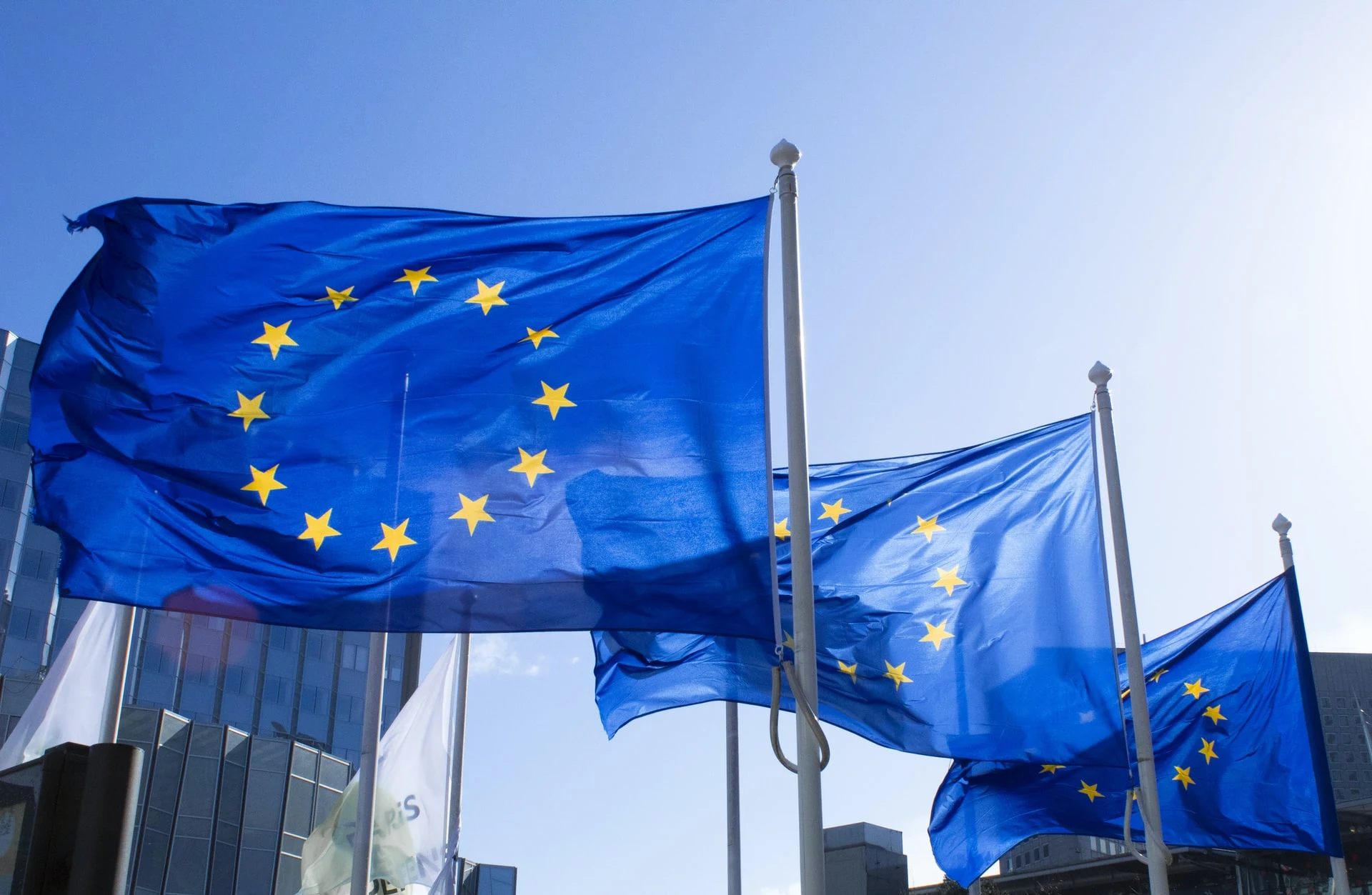When it comes down to the world of digital privacy, the European Union leads the pack in terms of its advanced regulations.
This means the EU not only controls our personal data, but it also overlooks who uses it and for what purpose. And while some of it can be considered greatly beneficial, others believe it provides hindrances along the way.
Recently, officials from the EU gave the ‘Digital Markets Act’ a provisional approval. This means saying hello to the greatest shifts in the world of digital privacy.
Initial predictions by experts include how this could potentially cause a major shift again.
In case you’re wondering how, well, the approval means greater restrictions regarding the sharing of user data.
Similarly, it will assist in striking a balance for all by diluting the dominance of all big tech stakeholders through greater open access.
A recent report by Politico put forward how the rules regarding the new ‘gatekeeper platforms’ would come into play. For instance, the world can expect more restrictions regarding the piling of personal data via a number of different sources.
In the same way, it will introduce different mandates that give users the freedom to install third-party applications. Let's not forget how it will restrict service bundling while inhibiting all self-preferencing practices.
In the recent past, Apple has been greatly scrutinized for its ATT update, which is very similar to that mentioned in the last point. For those who may not be aware, this is the ability for users to venture into data tracking via their app.
But at the end of the day, it actually provided more benefits to Apple’s own ad products. This is because Apple could now gather greater user data than all of those making use of the platform.
The data provisional approval for the ‘Digital Markets Act’ also puts forward new interoperability requests for a series of messaging platforms. Therefore, users may now be able to share away from texts freely between a number of messaging platforms simultaneously.
Now, iMessage, WhatsApp, and Facebook Messenger will need to interoperate via small-scale message platforms. Meanwhile, when it comes to group chats, the requirement could potentially be ruled out within a span of four years.
While only a few platforms are going to reach the scale of those outlined in this act, one thing is for sure. Big changes are surely coming for EU citizens but when is a question worth pondering upon.
Read next: Consumer Spending on Mobile Games Crossed $22 Billion in Q1 2022, Comprises 65% of Total App Spends
This means the EU not only controls our personal data, but it also overlooks who uses it and for what purpose. And while some of it can be considered greatly beneficial, others believe it provides hindrances along the way.
Recently, officials from the EU gave the ‘Digital Markets Act’ a provisional approval. This means saying hello to the greatest shifts in the world of digital privacy.
Initial predictions by experts include how this could potentially cause a major shift again.
In case you’re wondering how, well, the approval means greater restrictions regarding the sharing of user data.
Similarly, it will assist in striking a balance for all by diluting the dominance of all big tech stakeholders through greater open access.
A recent report by Politico put forward how the rules regarding the new ‘gatekeeper platforms’ would come into play. For instance, the world can expect more restrictions regarding the piling of personal data via a number of different sources.
In the same way, it will introduce different mandates that give users the freedom to install third-party applications. Let's not forget how it will restrict service bundling while inhibiting all self-preferencing practices.
In the recent past, Apple has been greatly scrutinized for its ATT update, which is very similar to that mentioned in the last point. For those who may not be aware, this is the ability for users to venture into data tracking via their app.
But at the end of the day, it actually provided more benefits to Apple’s own ad products. This is because Apple could now gather greater user data than all of those making use of the platform.
The data provisional approval for the ‘Digital Markets Act’ also puts forward new interoperability requests for a series of messaging platforms. Therefore, users may now be able to share away from texts freely between a number of messaging platforms simultaneously.
Now, iMessage, WhatsApp, and Facebook Messenger will need to interoperate via small-scale message platforms. Meanwhile, when it comes to group chats, the requirement could potentially be ruled out within a span of four years.
While only a few platforms are going to reach the scale of those outlined in this act, one thing is for sure. Big changes are surely coming for EU citizens but when is a question worth pondering upon.
Read next: Consumer Spending on Mobile Games Crossed $22 Billion in Q1 2022, Comprises 65% of Total App Spends

